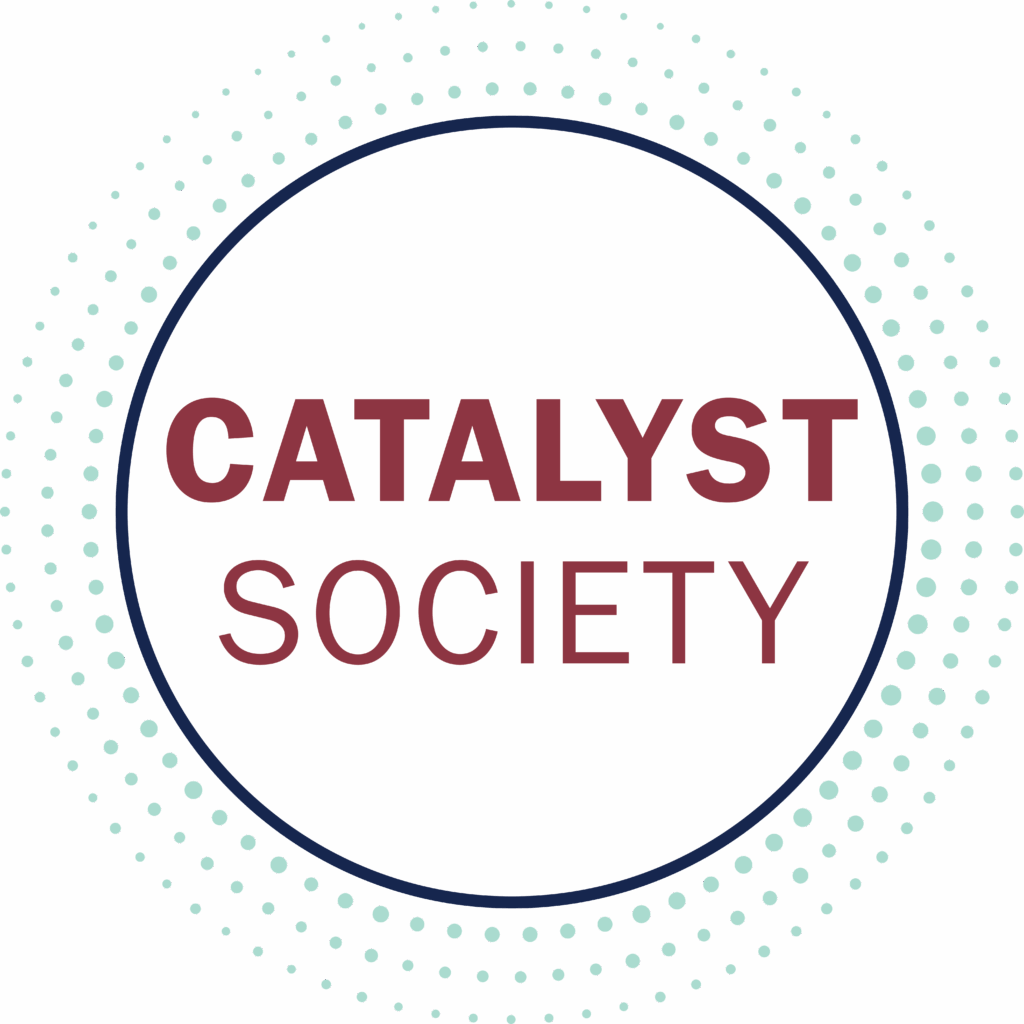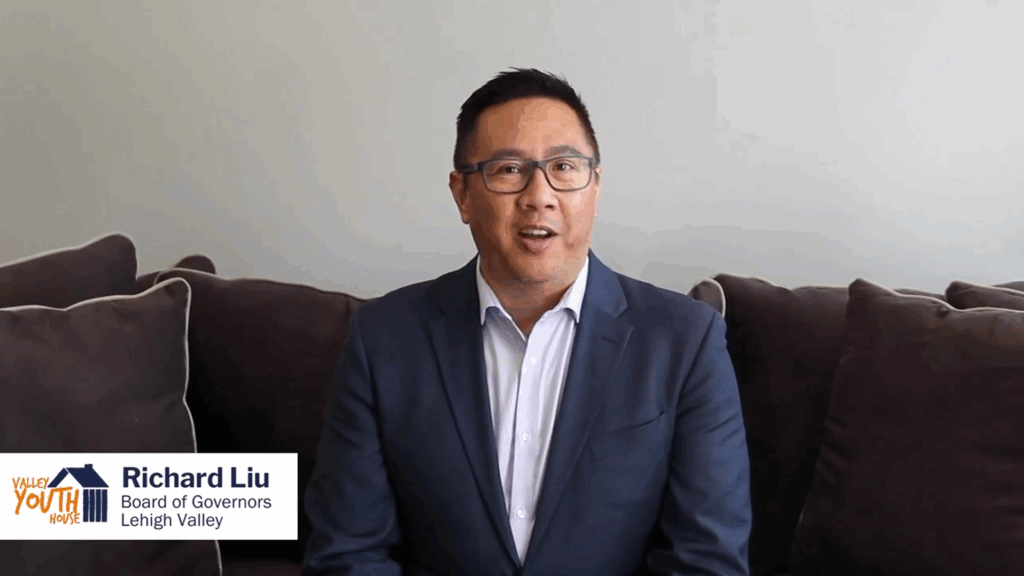Catalyst Society

Build a Meaningful Legacy Through Planned Giving
The Catalyst Society is named in honor of informed leaders and forward-thinking philanthropists dedicated to making a lasting impact on the future of Valley Youth House and the youth and families it serves. This exceptional society recognizes the power of planned giving and leverages it as a catalyst for positive change. Through their visionary contributions and thoughtful estate planning, members of the Catalyst Society create a legacy of support that extends far beyond their lifetimes. By designating bequests, retirement account beneficiaries, life insurance policies, or other planned giving instruments of $25,000 or more to Valley Youth House, these individuals ensure the organization can continue providing vital services, advocacy, and opportunities to vulnerable youth for years to come.
The Catalyst Society serves as an inspiration and role model for others, encouraging them to embrace strategic philanthropy and make a meaningful difference in the lives of future generations.
Membership Benefits
- Special recognition, according to donor wishes, as members of the Catalyst Society in published donor lists.
- Invitation to attend exclusive Innovators Society, donor recognition events
- Invitation to attend Volunteer Impact Day
- Invitation to Valley Youth House’s Annual Meeting
- Invitation to program presentations and other special events
- Stay updated on Valley Youth House news through our donor newsletter, Around the House
- Our sincere appreciation for making a lasting commitment to the long-term prosperity of Valley Youth House and to young people and their families throughout our community
Advantages of Estate Giving
- Reduce estate taxes and preserve wealth for your loved ones
- Support Valley Youth House’s mission for generations to come
- Leave a lasting legacy that transforms the lives of vulnerable youth
How to Join
- Naming Valley Youth House in your will (a bequest or testamentary trust) or as part of your Estate Plan
- Designate Valley Youth House as a beneficiary of a Qualified Retirement Plan, Life Insurance Policy, Appreciated Securities, Donor-Advised Fund, or Real Estate or Personal Property.
- Establishing a charitable gift annuity, charitable remainder trust, or charitable lead trust to benefit Valley Youth House
Charitable Gift Planning
Charitable gift planning is the strategic process of incorporating charitable giving into a donor’s financial and estate plans to maximize impact while achieving personal, financial, and tax benefits. By planning a gift—whether through a bequest in a will, naming a charity as a retirement account beneficiary, or establishing a charitable trust—donors can support causes they care about while reducing estate taxes, securing income for themselves or loved ones, and ensuring their legacy lives on.
Thoughtful charitable planning allows donors to make a meaningful difference without affecting their immediate financial security while also providing potential tax benefits.
For more information, view the following documents.

- Naming Valley Youth House in your Will
- Giving Life Insurance
- Giving Retirement Assets
- Giving Appreciated Securities
- Giving Real Estate or Personal Property
- Naming Valley Youth House as a Beneficiary of a Donor-Advised Fund
- Giving Charitable Annuities, Remainder and Lead Trusts
One of the simplest and most impactful ways to support Valley Youth House is by including a bequest or testamentary trust in your will. A bequest or testamentary trust allows you to make a meaningful gift without affecting your finances during your lifetime. You can designate a specific dollar amount, a percentage of your estate, or a residual bequest after other distributions are made. Working with your attorney, you can add gift language to your current document(s) or to an entirely new one. A gift can be made through your Last Will and Testament as an outright, residual, contingency, or restricted bequest.
Sample Bequest Language:
“I, (name), of (city, state, zip), give, devise, and bequeath to Valley Youth House Committee, Inc. (written amount or percentage of the estate or description of property) for its unrestricted use and purpose.”
By working with your attorney, you can add this language to your existing estate plans or draft a new will to include Valley Youth House as a beneficiary. Bequests qualify for estate tax deductions, reducing the taxable portion of your estate while supporting a meaningful cause.
For more information, view our Bequest Intention Form.
Life insurance allows you to make a much larger gift to Valley Youth House than you might otherwise be able to afford. Although the cost to you (your premiums) is relatively small, the amount Valley Youth House will receive (the death benefit) can be quite substantial. As long as you continue to pay the premiums, the charity is guaranteed to receive the proceeds of the policy when you die (guarantees are subject to the claims-paying ability of the issuing insurance company). Since life insurance proceeds paid to Valley Youth House are not subject to income and estate taxes, probate costs and other expenses, Valley Youth House receives 100% of your gift.
Giving life insurance to Valley Youth House also has income tax benefits. Depending on how you structure your gift, you may be able to take an income tax deduction equal to your basis in the policy or its fair market value (FMV), and you may be able to deduct the premiums on your income tax return. When an insurance contract is transferred to Valley Youth House, the donor’s charitable deduction is based on the lesser of FMV or adjusted cost basis. The simplest way to give using life insurance is to designate Valley Youth House as the beneficiary of your policy.
Retirement accounts, such as IRAs, 401(k)s, and 403(b)s, are among the most tax-efficient assets to leave to charity. When these accounts are left to individuals other than a spouse, they can be subject to significant income and estate taxes. By naming Valley Youth House as a beneficiary, you ensure that 100% of your gift goes to helping youth in need, tax-free.
To make this gift, simply request a beneficiary designation form from your plan administrator and include Valley Youth House as a primary or contingent beneficiary.
You can enjoy a double tax benefit by donating publicly traded stock (closely held needs to be marketable/sellable), bonds, or shares of mutual funds to Valley Youth House. by donating appreciated securities, you may claim a generous tax deduction for what the stock is worth today as opposed to what it cost you when you purchased it. You will also avoid paying capital gains tax on the transfer of the security by donating it to Valley Youth House. This would not be the case should you decide to first sell the security and then donate the proceeds.
The market value for stocks and bonds used by the IRS to determine the value of the tax deduction is based upon the average of the highest and lowest trading prices on the date the investment is contributed to Valley Youth House.
Donor information is not recorded when security transactions occur electronically. Therefore, it is important to the Advancement Department to be notified of the transaction to ensure proper receipt and application of the gift. By working with your advisor, you can donate securities electronically or by registered mail. It is also possible to name Valley Youth House as the beneficiary of your security account(s).
For more information, view our Giving Appreciated Securities Guidelines.
Gifts of real property may be accepted at fair market value, if, at the time of the gift, there are no outstanding mortgages, tax liens, or other financial encumbrances upon the land. Such value shall be established by at least one recent, reliable, and qualified appraisal acceptable to VYH and provided by the donor at donor’s cost, as required by the IRS.
Gifts in-kind, including but not limited to tangible personal property, merchandise, vehicles, boats, aircraft, art, stamp/coin collections, technology, home furnishings, equipment, inventory, etc. may be accepted if there are no significant restrictions, limitations, or unreimbursed additional expenses for their present or future use, display, maintenance, transfer, sale, insurance, storage, or other fees and costs. Gifts in-kind will be valued as described below:
- If a donor gives a vehicle and VYH sells it without “significant intervening use or material improvement,” the deduction will be the gross proceeds of the sale.
- If VYH makes use of the vehicle or materially improves the vehicle, the deduction usually is fair market value.
A Donor-Advised Fund (DAF) is a charitable investment account that allows donors to make tax-deductible contributions, grow funds tax-free, and recommend grants to charities over time. By designating Valley Youth House as a beneficiary of your DAF in your estate plans, you ensure that any remaining funds will be directed to support youth in need. This simple and flexible option allows you to create a lasting philanthropic legacy while continuing to support causes important to you.
For those looking to create a legacy while also retaining income benefits, charitable annuities, charitable remainder trusts (CRTs), and charitable lead trusts (CLTs) offer strategic options. A charitable annuity or CRT provides income to you or a designated beneficiary for life or a set term, with the remainder going to Valley Youth House. A CLT, in contrast, provides income to Valley Youth House for a set period before the remaining assets revert to your heirs, potentially reducing estate taxes.
“I was fortunate to work for a company that encouraged employee community involvement. Through my experience as a Valley Youth House Board Member and Chair, I experienced firsthand the love and value the organization provides to youth and their families. As a result, I am proud to be a Catalyst Society Member.” – Janis M. Thomas



